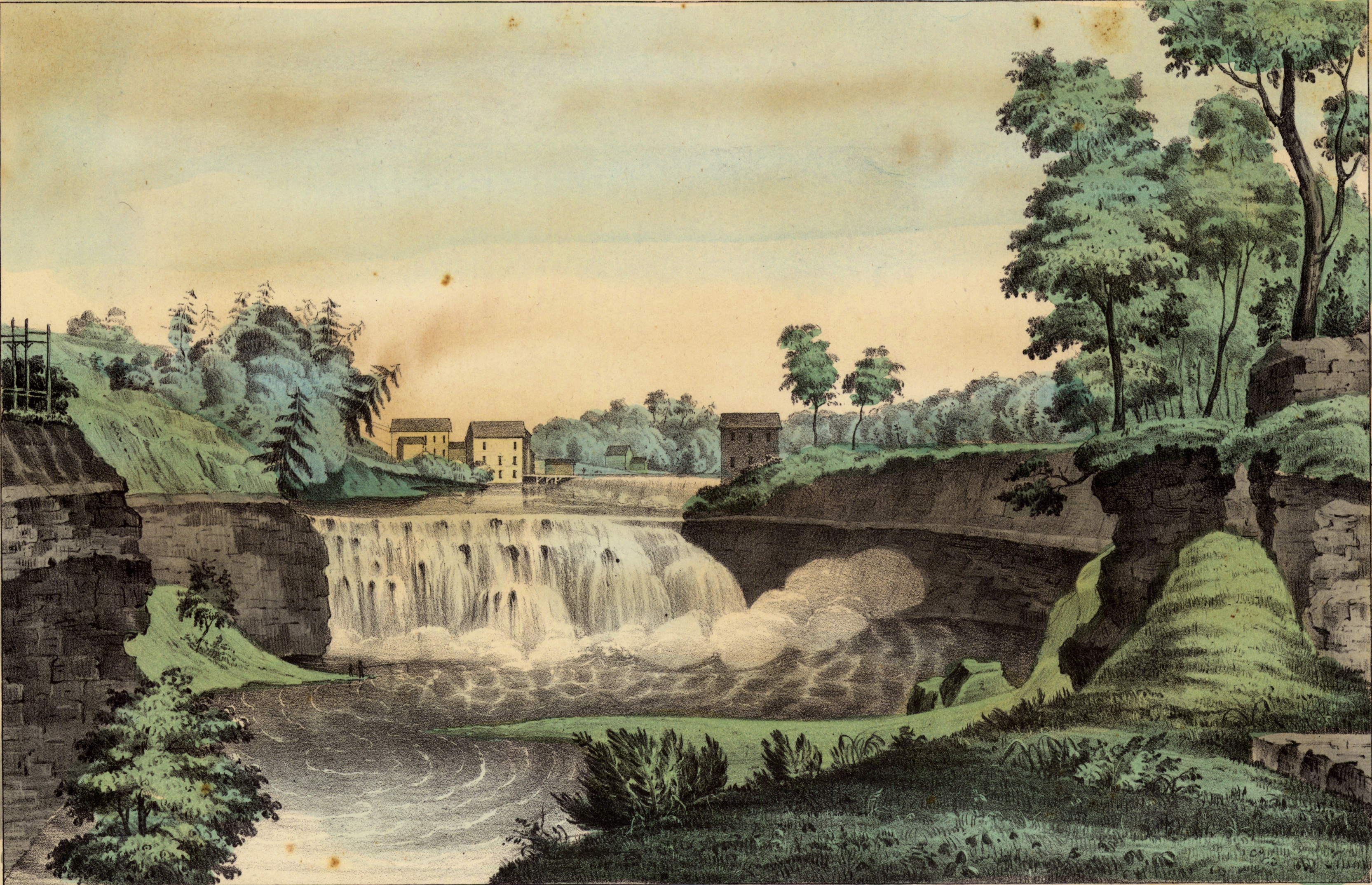
Where’s the Pirate? Or, why I wrote a history of rum with only a few pirates in it

The Making of the American Culture of Work

Glimpses of Their Lives: Slavery and Emancipation at the Colonel John Ashley House

Editor’s Note: News, Newspapers, and the Meaning of Revise and Resubmit
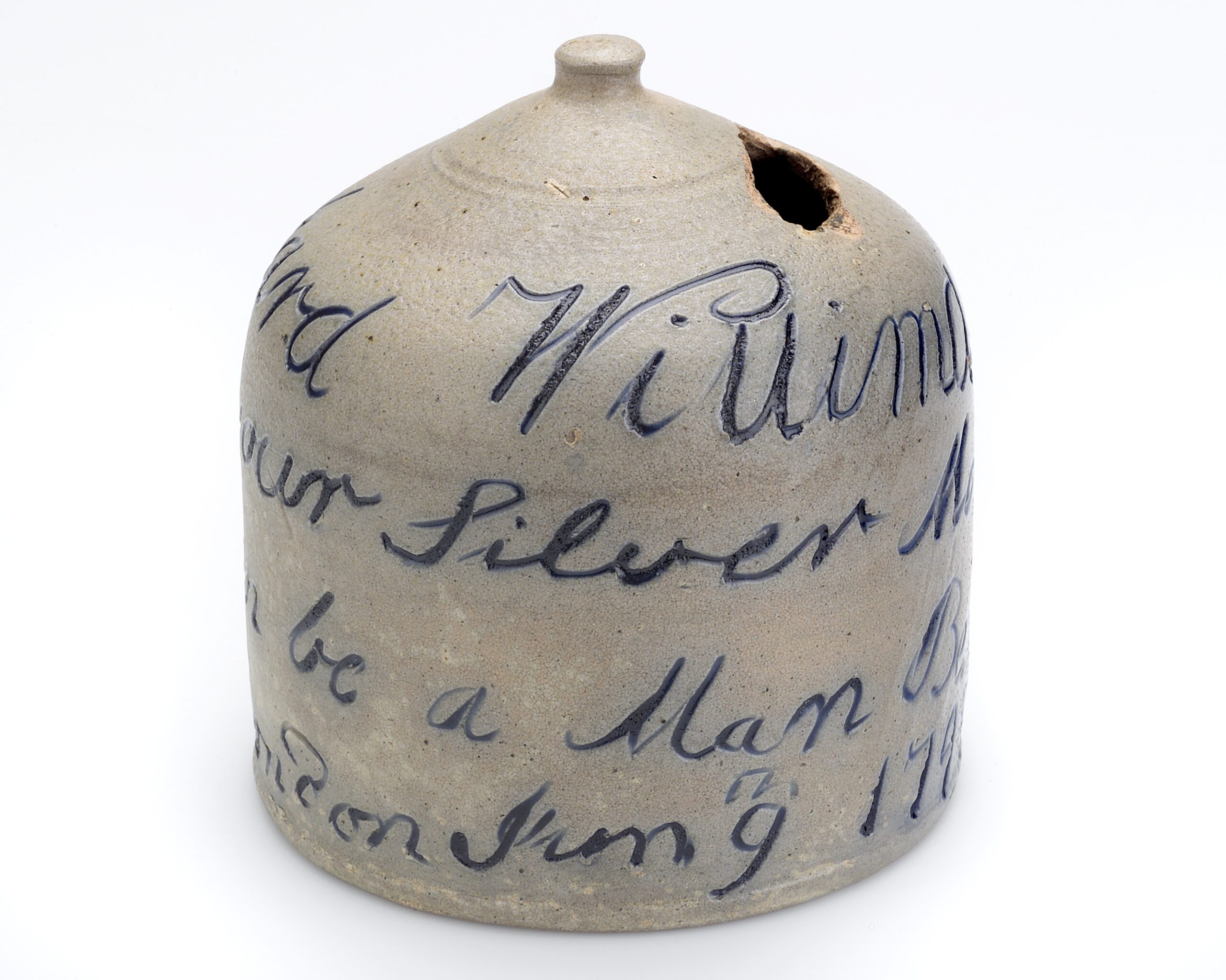
Seeing Slavery in Eighteenth-Century American Salt-Glazed Stoneware: Richard Williams’ Savings Bank
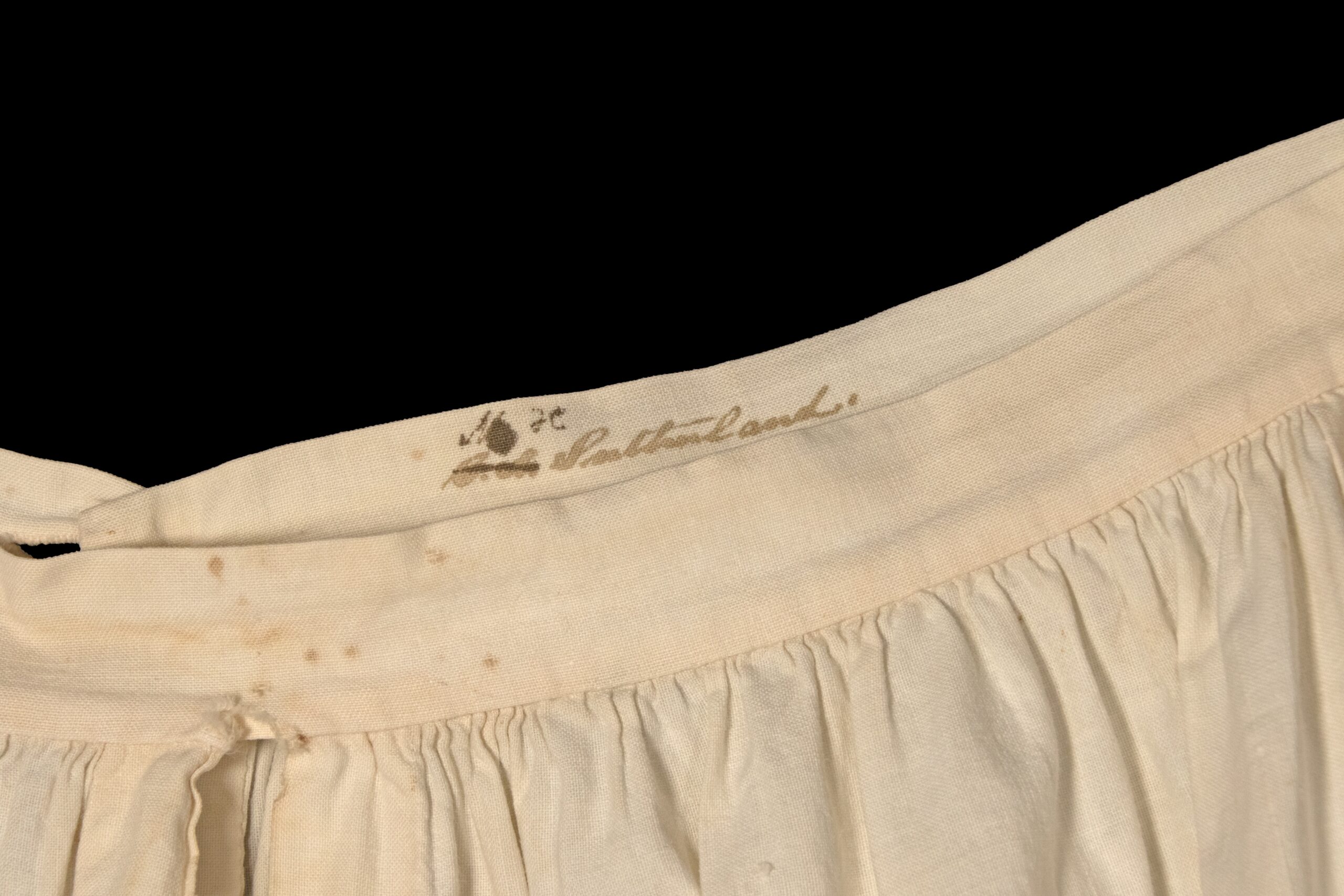
Caroline’s Clothes: The Life and Loss of an Antebellum Woman
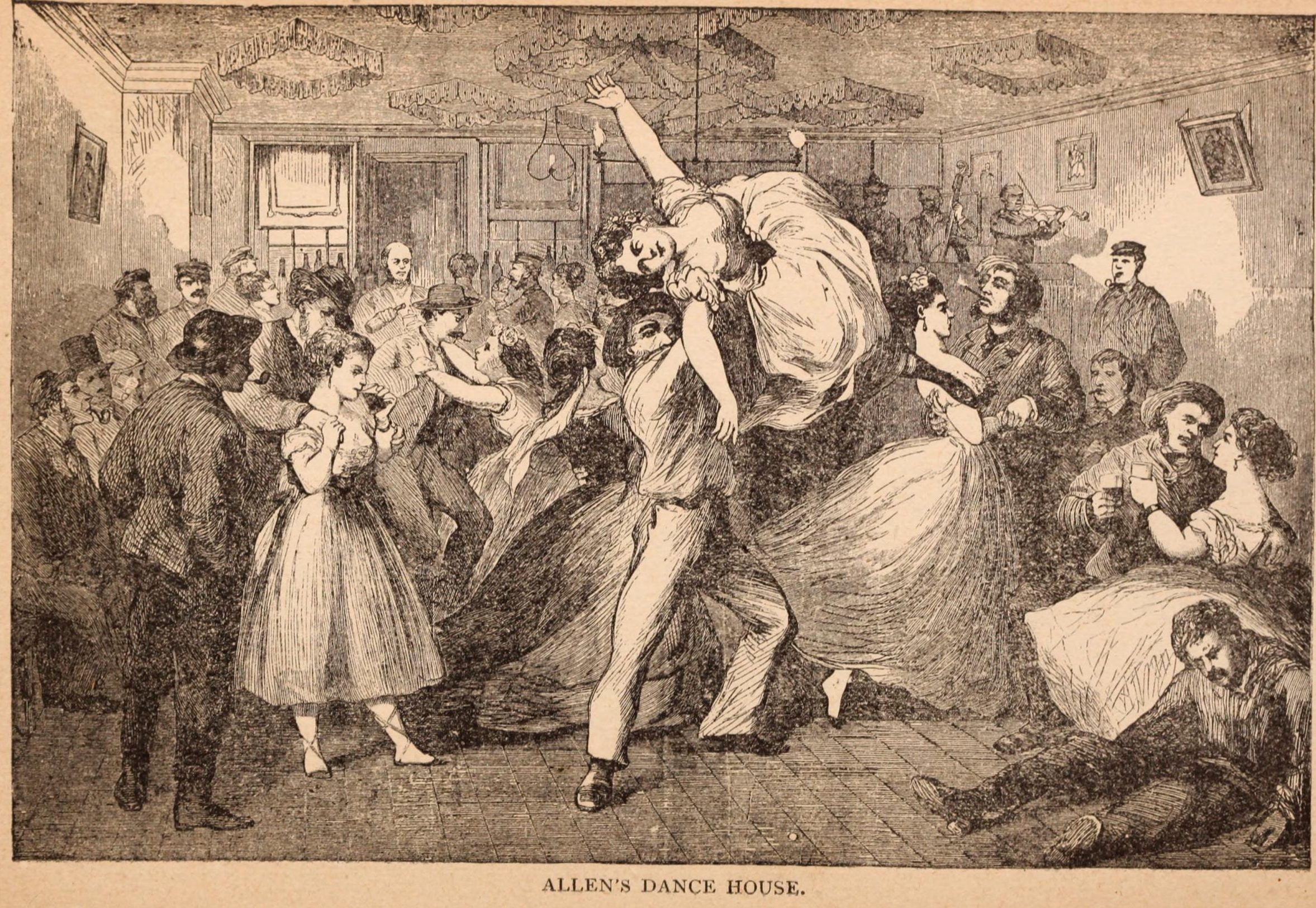
The Influences of the Underworld: Nineteenth-Century Brothel Guides, Calling Cards, and City Directories
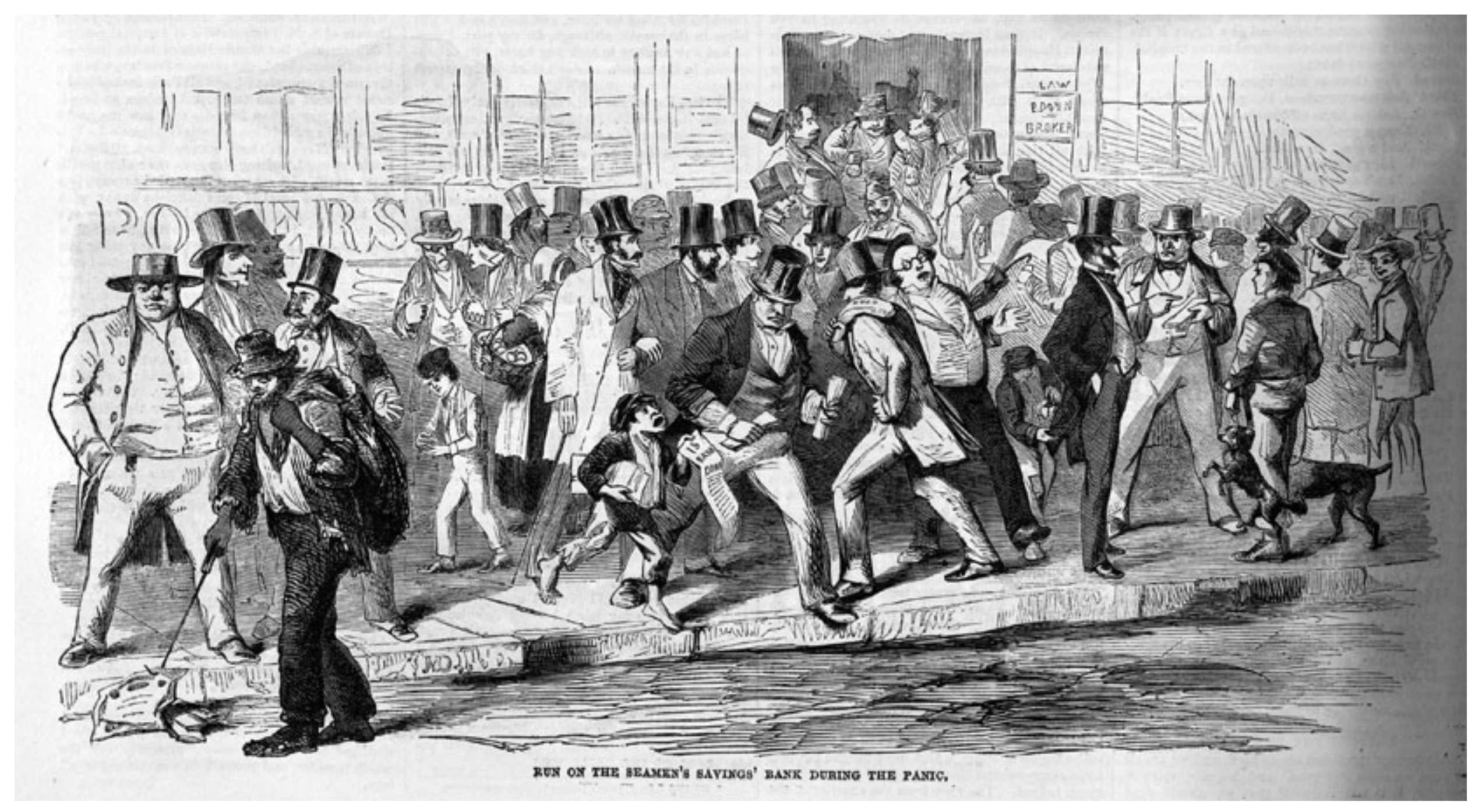
Images of Want: How poverty was, and was not, pictured before the Civil War
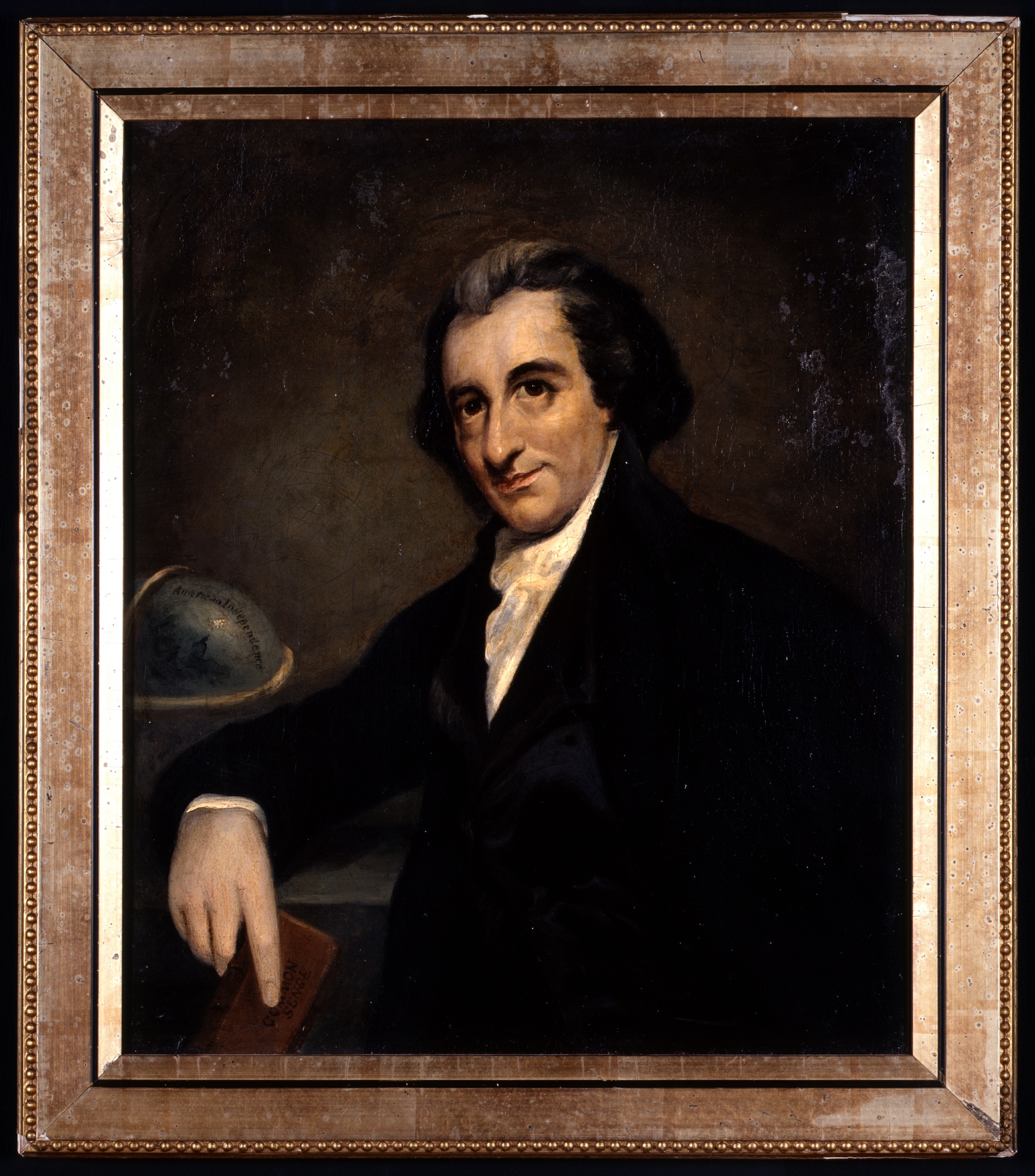
Radical Revisions: Thomas Skidmore reads Thomas Paine in 1829 New York
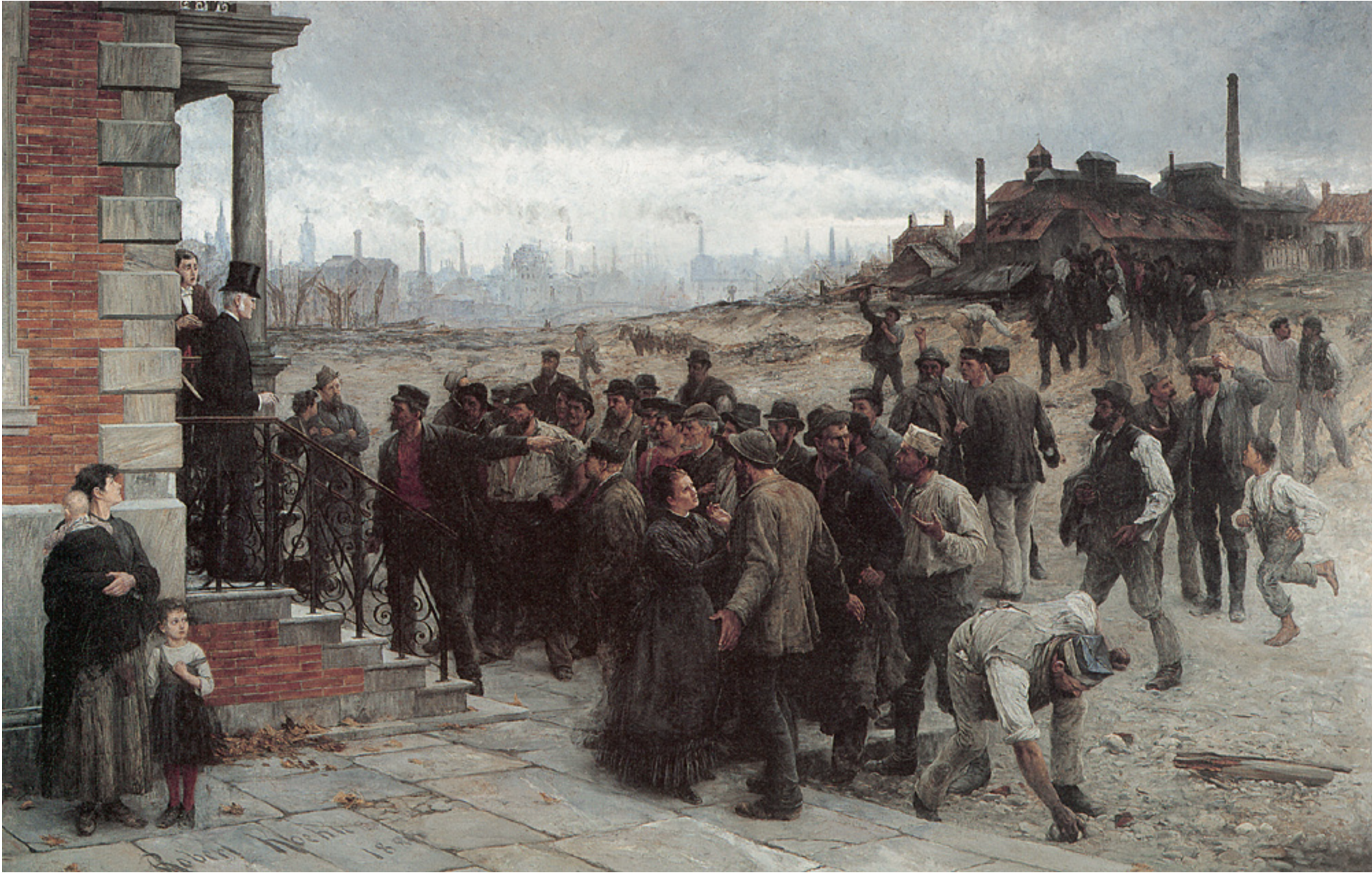
Striking Scenes: Robert Koehler, The Strike (1886), and competing visions of labor-capital conflict in the Gilded Age
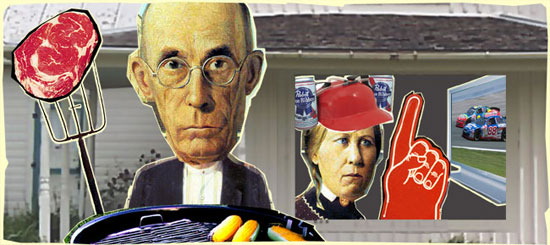
Labor Day in America: Or, the Day That is Not in May
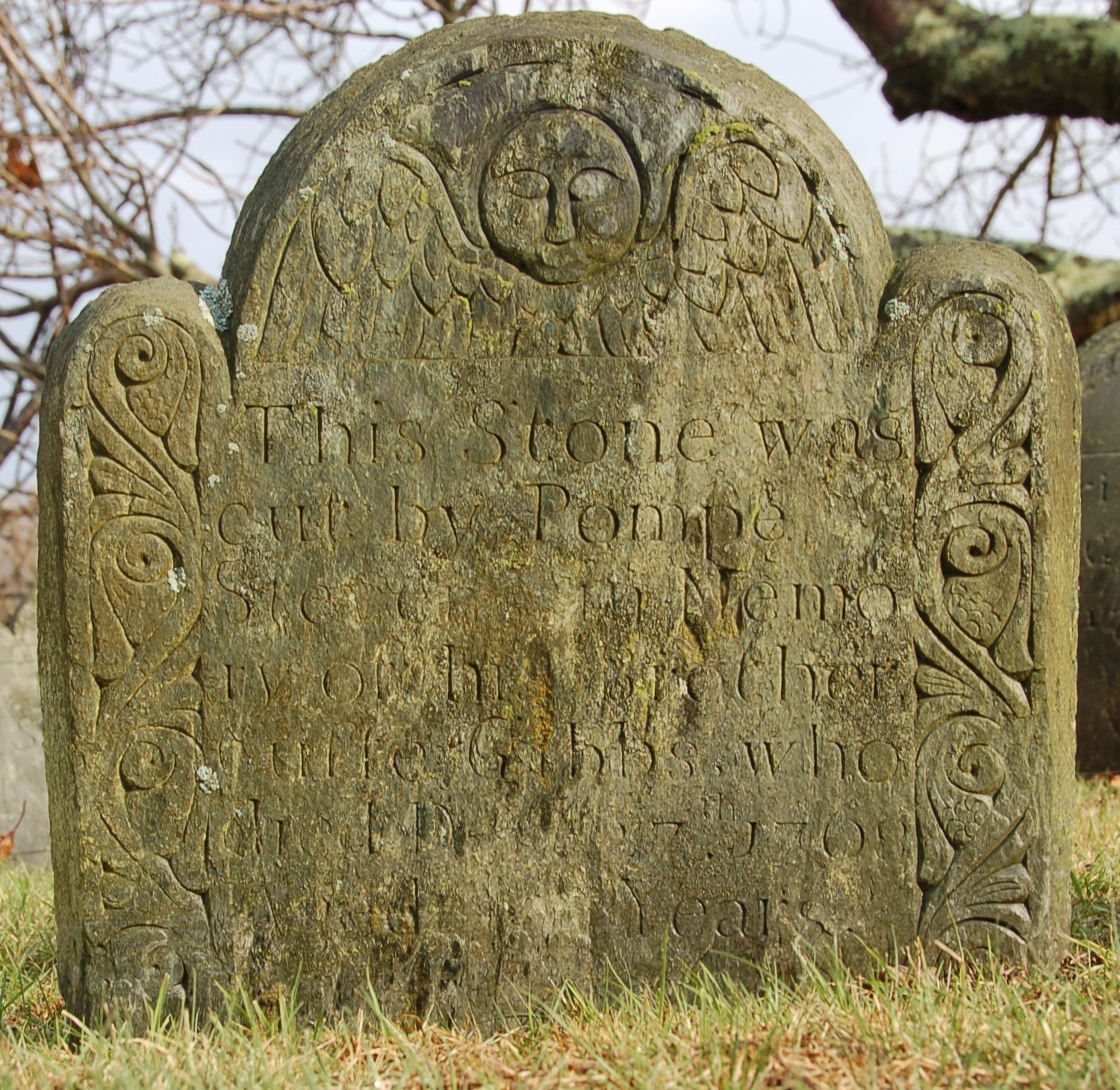
Object Lesson: Pompe Stevens, Enslaved Artisan
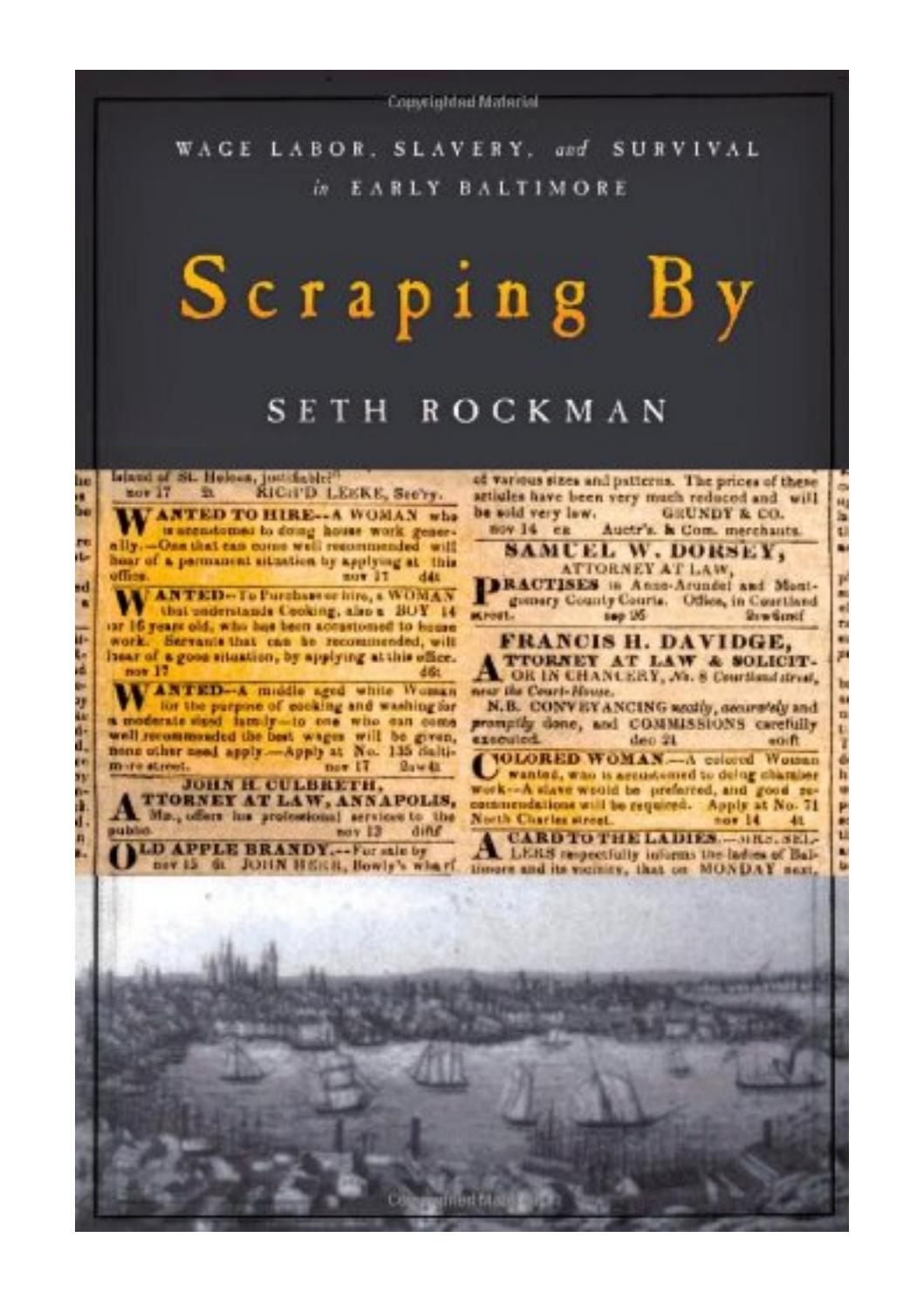
Building Baltimore in Black and White

Leather Steaks and Indigestible Pies
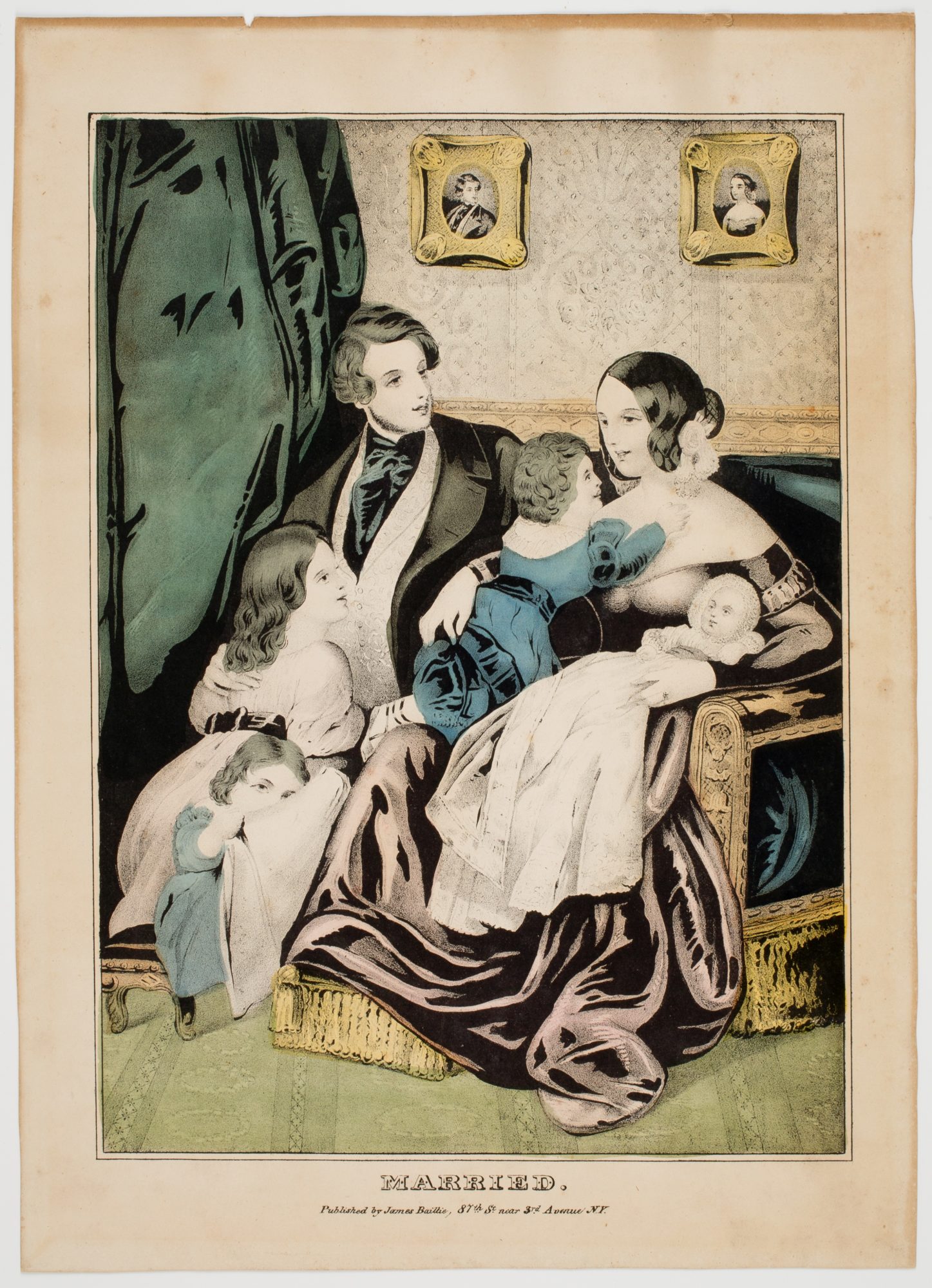
Parenting for the “Rough Places” in Antebellum America
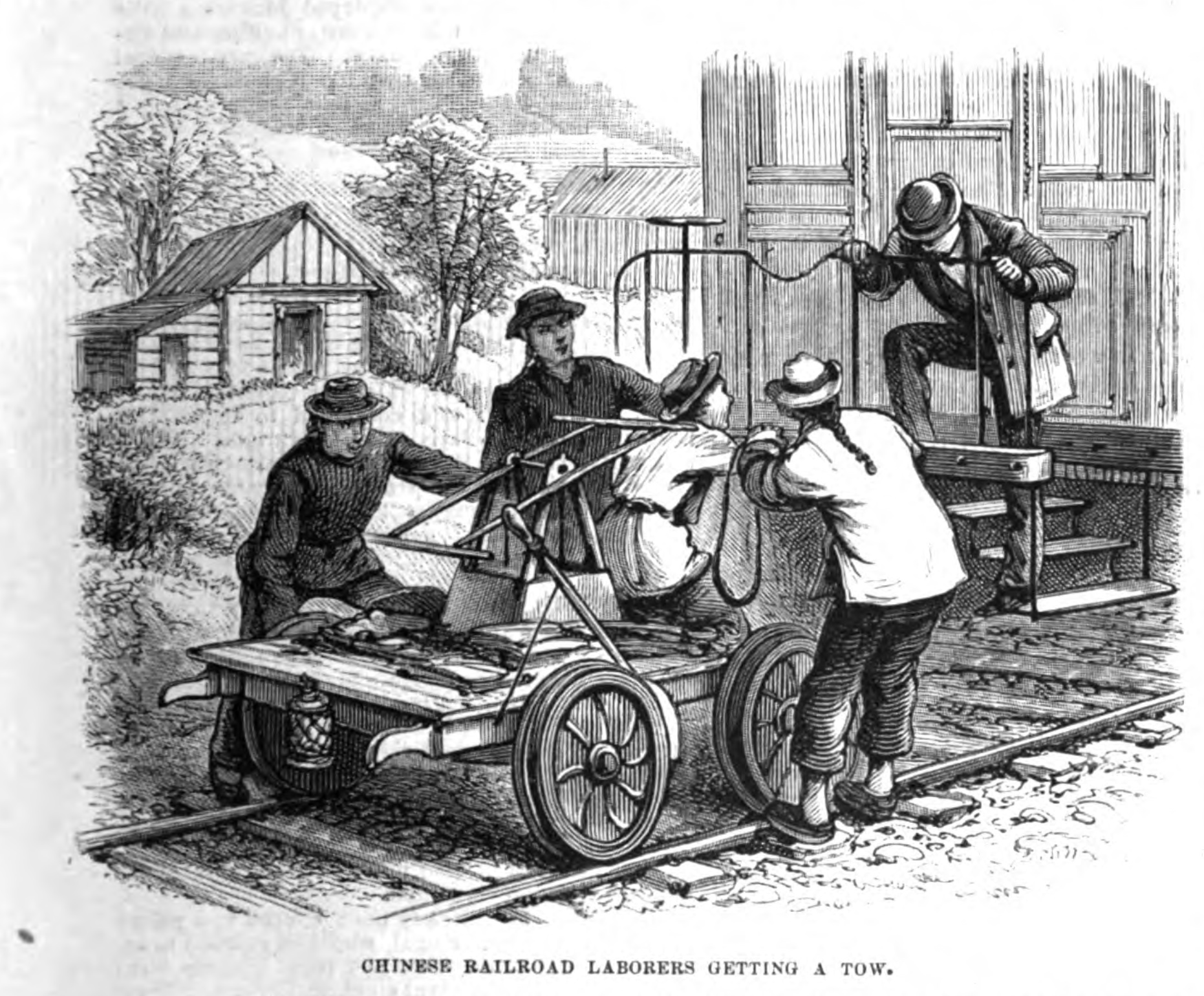
“Like standing on the edge of the world and looking away into heaven”
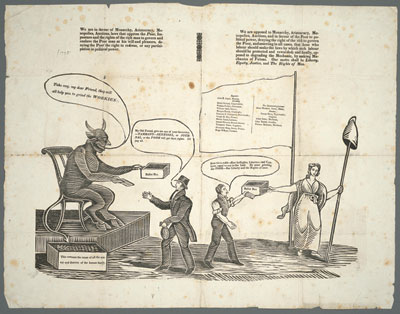
What We Talk about When We Talk about Democracy
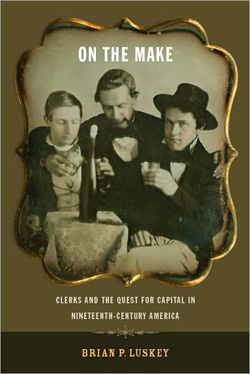
Misadventures of the Counter Jumper
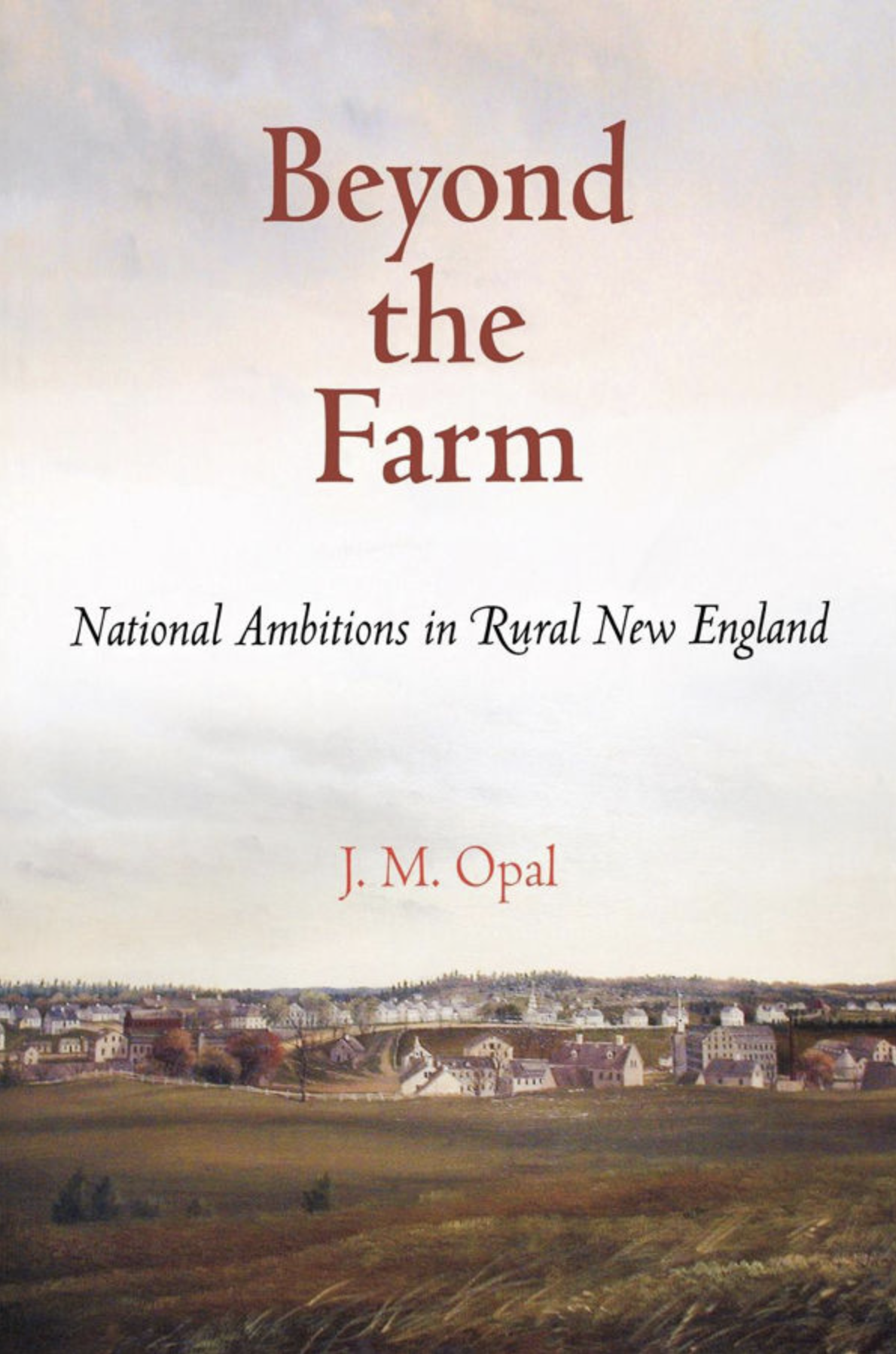
The Motivational Revolution

On the margins of the margin

The Ink of History
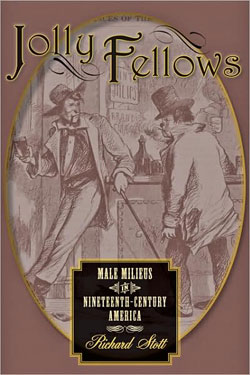
“The man that isn’t jolly after drinking is just a driveling idiot, to my thinking”

The Evil Necessity

The Pursuit of Status: Elite Formation in the American Revolution
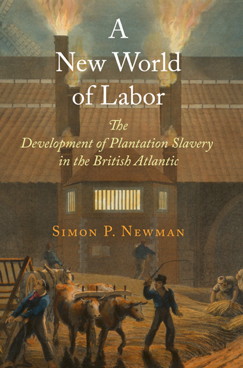
“Barbadosed”: Class and Race in the British Atlantic
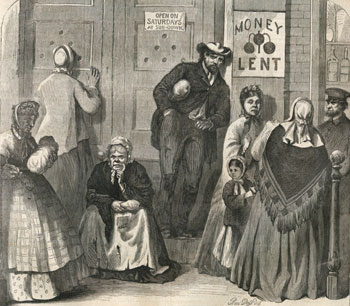
On Borrowed Time

“Screw the past!”

Hard Facts for Hard Times: Social knowledge and social crisis in the nineteenth century
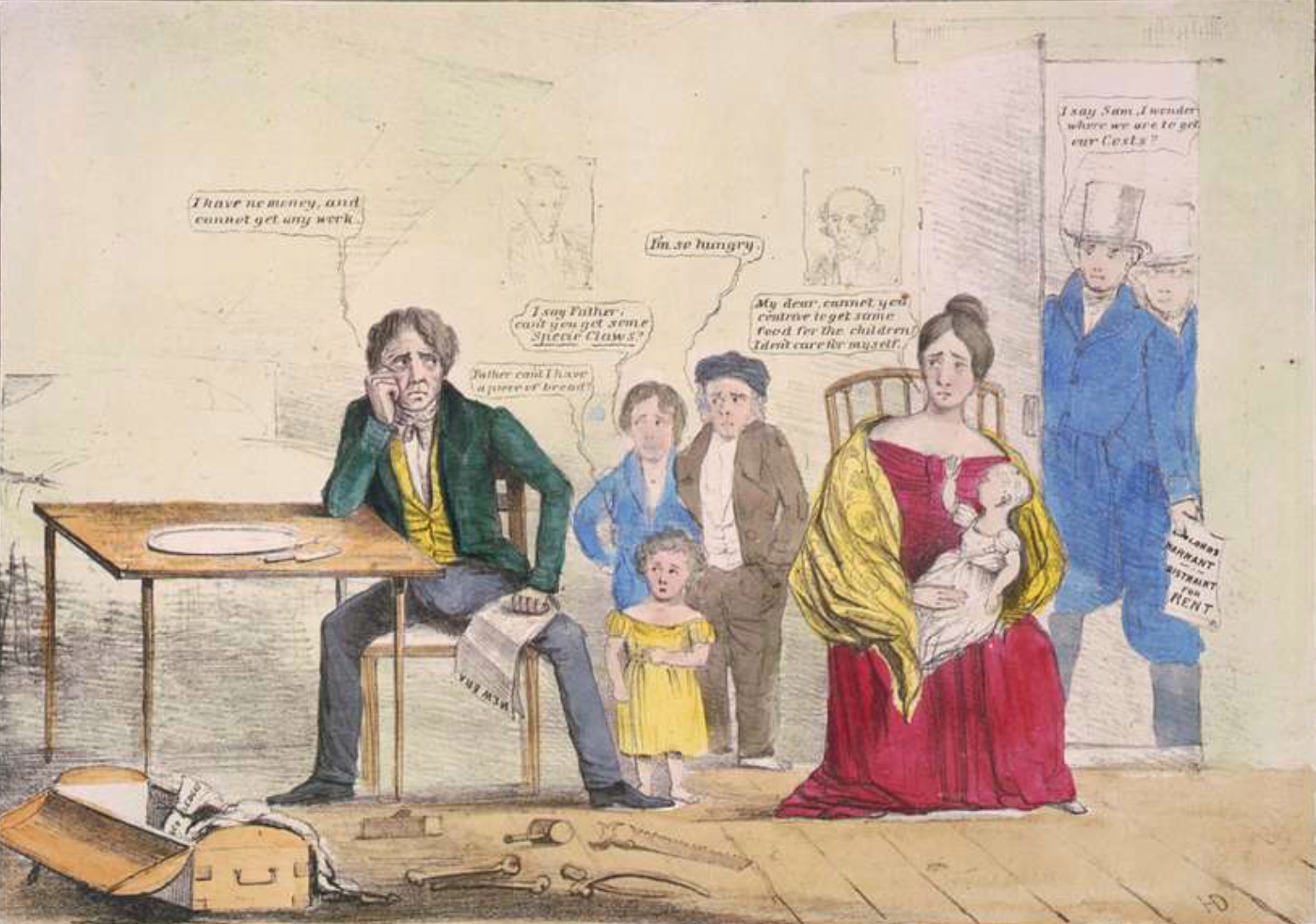
Pictures of Panic: Constructing hard times in words and images
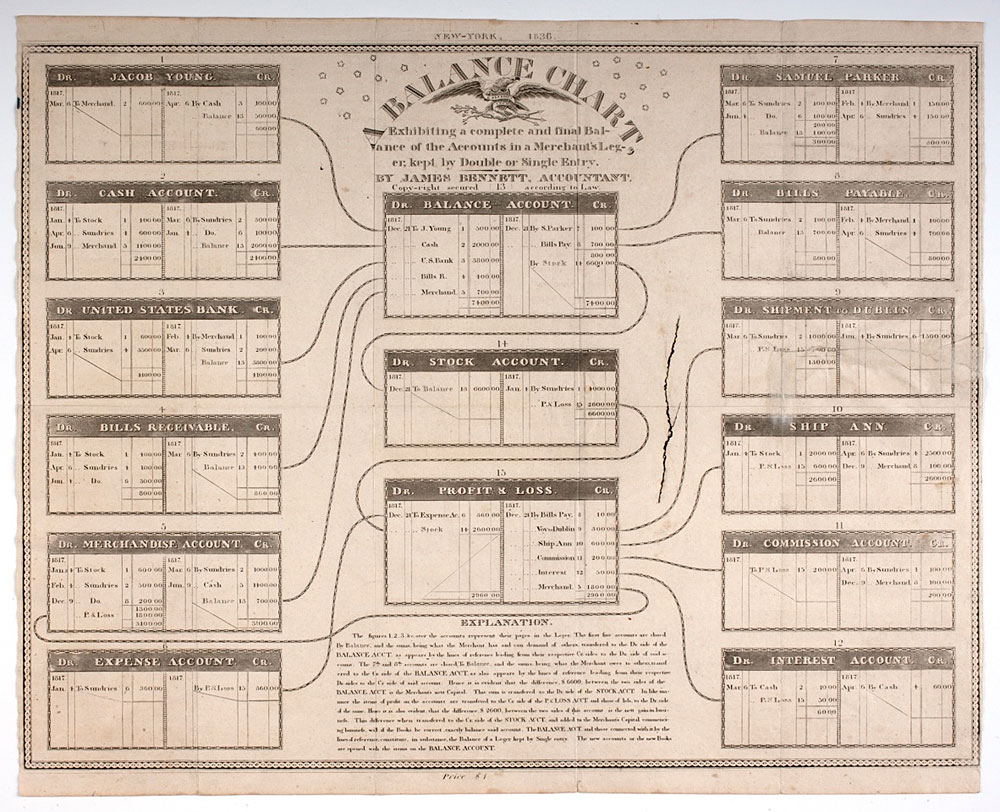
Storybook-keepers: Narratives and Numbers in Nineteenth-Century America
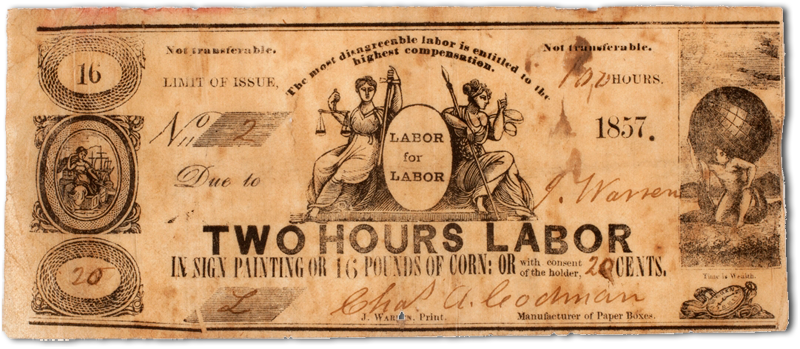
Josiah Warren’s Labor Notes
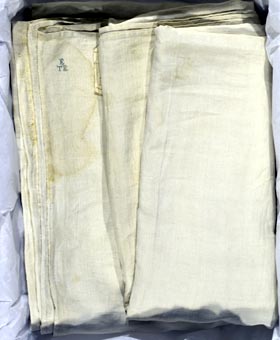
A Bed Sheet in Beinecke

The Little Picture

Poverty, Past and Present

A Whale of a Book
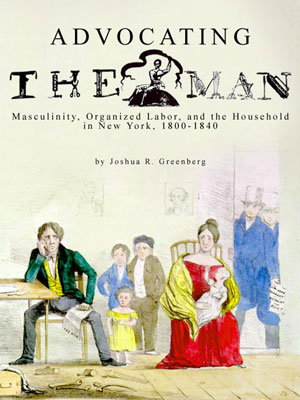
Bread and Butter Activism

Race, Class, and Upheaval in Revolutionary Virgina
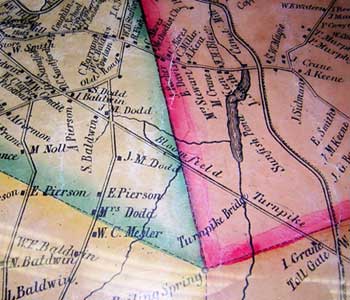
Samuel Dodd
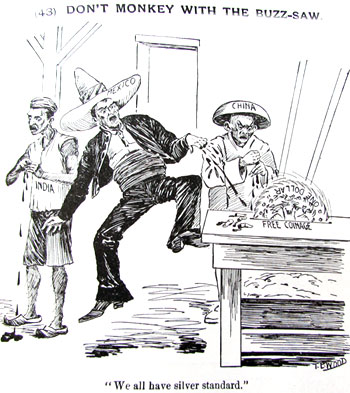
Free Silver and the Constitution of Man
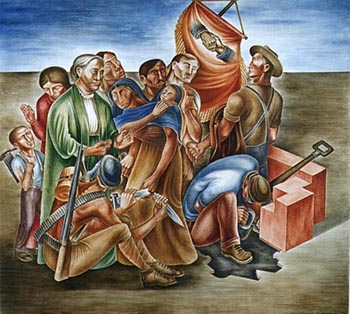
Nurturing Romance
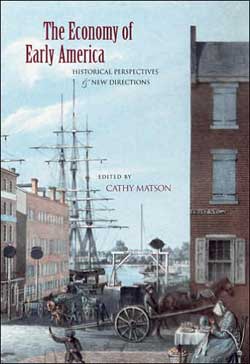
Capitalism and Econometrics in Early American Economic History

Dishonest Clerks and the Culture of Capitalism

Bookkeeping as Ideology

Founding Others
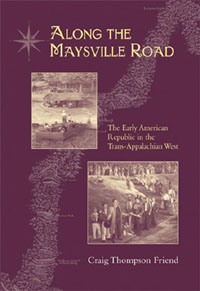
Along the Beaten Path in Early Kentucky
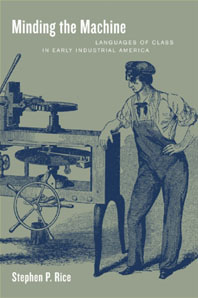
Mechanized Language and Class Formation
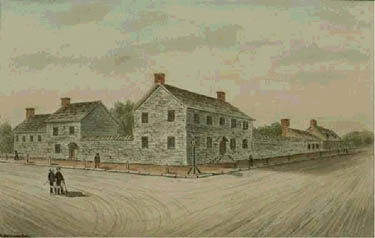
Walking Moraley’s Streets: Philadelphia

Lumpen-Proletarians of the Atlantic World, Unite!
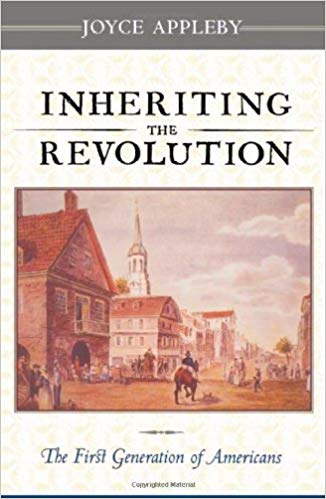
Appleby’s Liberal America
Creative Writing
Reviews

ABOUT
Welcome to Commonplace, a destination for exploring and exchanging ideas about early American history and culture. A bit less formal than a scholarly journal, a bit more scholarly than a popular magazine, Commonplace speaks—and listens—to scholars, museum curators, teachers, hobbyists, and just about anyone interested in American history before 1900. It is for all sorts of people to read about all sorts of things relating to early American life—from architecture to literature, from politics to parlor manners. It’s a place to find insightful analysis of early American history as it is discussed in scholarly literature, as it manifests on the evening news, as it is curated in museums, big and small; as it is performed in documentary and dramatic films and as it shows up in everyday life.
In addition to critical evaluations of books and websites (Reviews) and poetic research and fiction (Creative Writing), our articles explore material and visual culture (Objects); pedagogy, the writing of literary scholarship, and the historian’s craft (Teach); and diverse aspects of America’s past and its many peoples (Learn). For more great content, check out our other projects, (Just Teach One) and (Just Teach One African American Print).
How to cite Commonplace articles:
Author, “Title of Article,” Commonplace: the journal of early American life, date accessed, URL.
Sophie White, “Trading Looks Race, Religion and Dress in French America,” Commonplace: the journal of early American life, accessed September 30, 2019, http://commonplace.online/article/trading-looks-race-religion-dress-french-america/
Joshua R. Greenberg, editor
Read more about Commonplace
Contact Us
If you are looking for a specific Commonplace article from the back catalog and do not see it, or if have any other questions, please contact us directly. Please follow us on Twitter @Commonplacejrnl or Facebook @commonplacejournal and thank you for your support.

